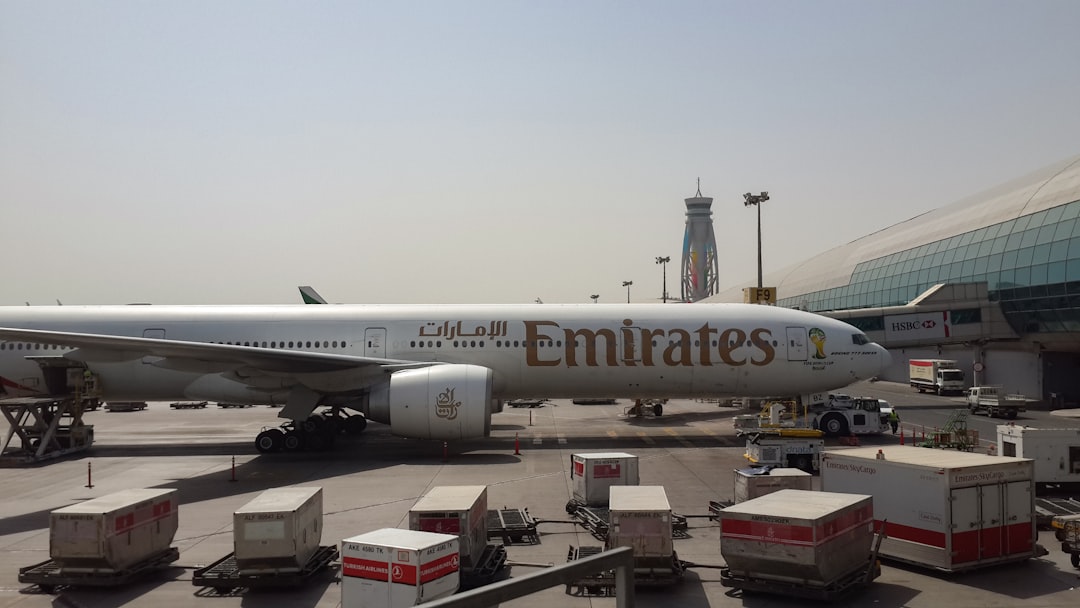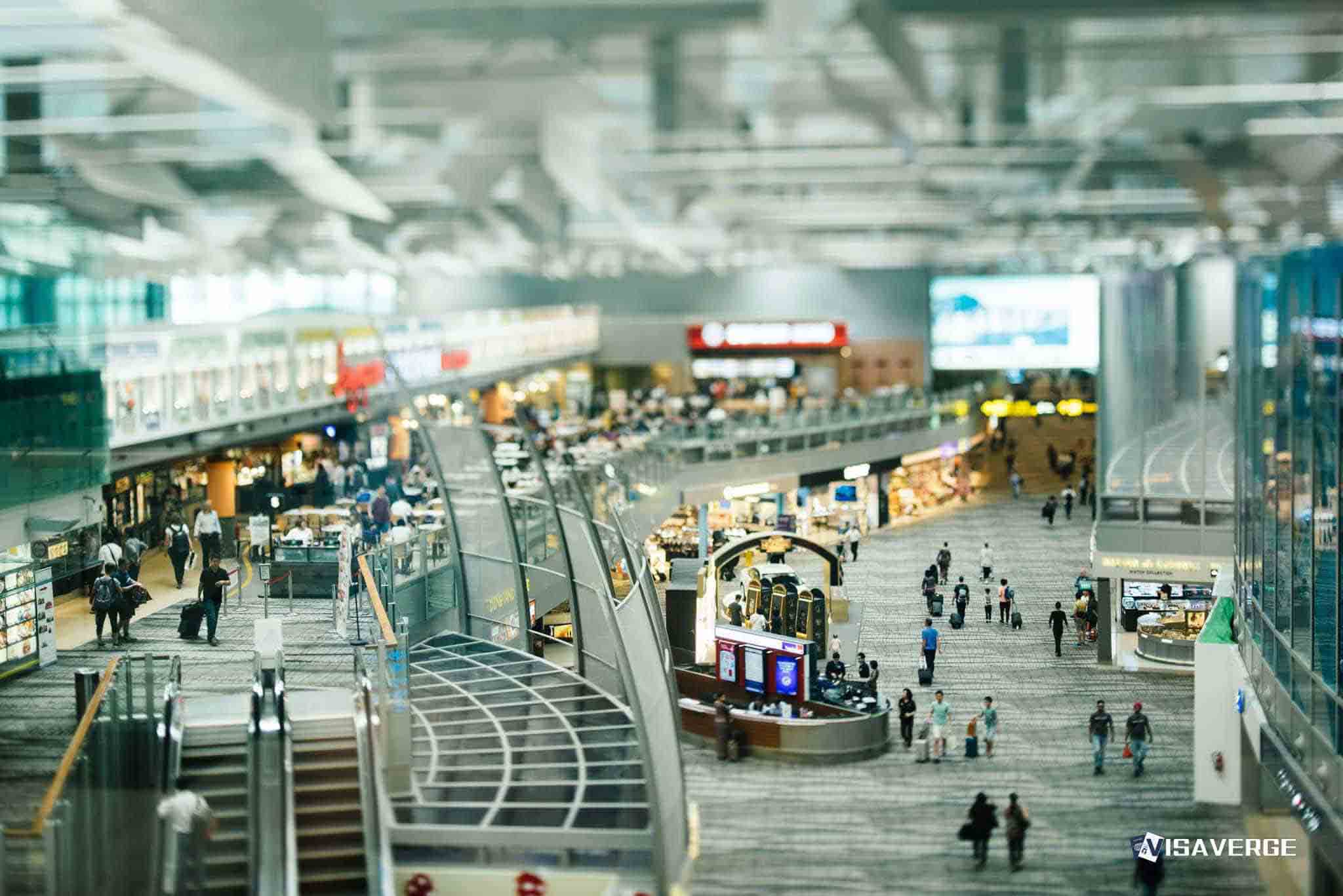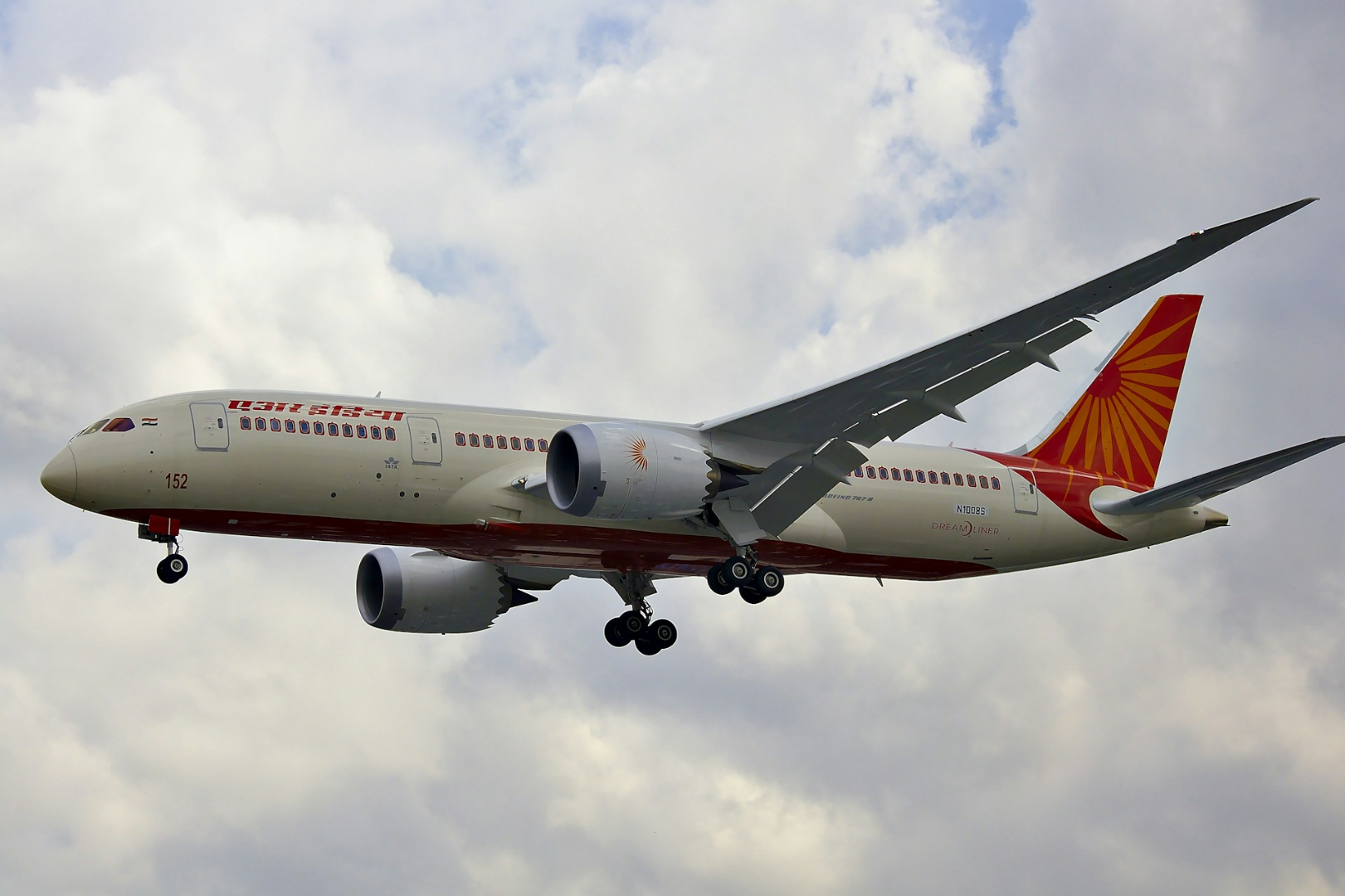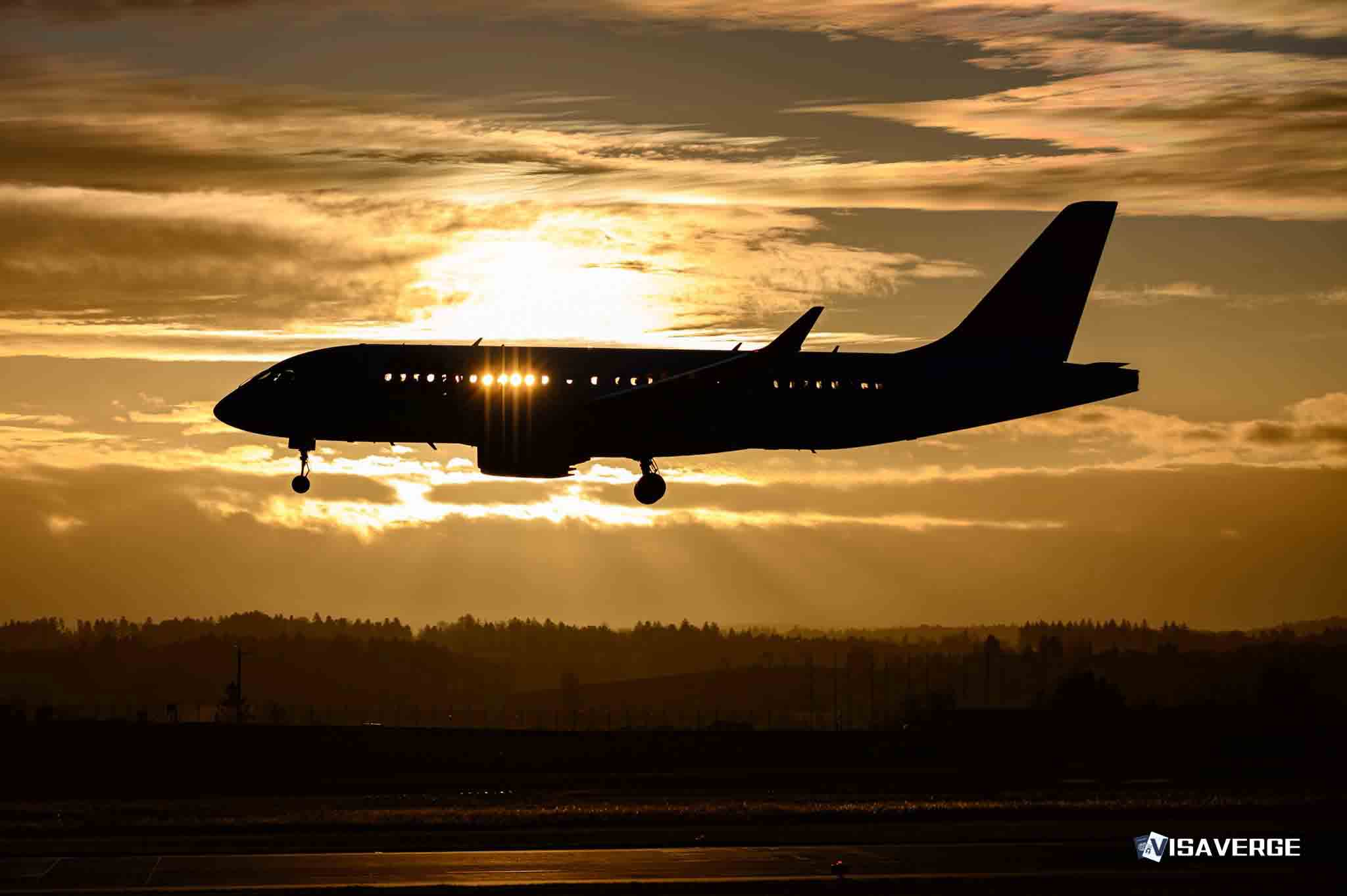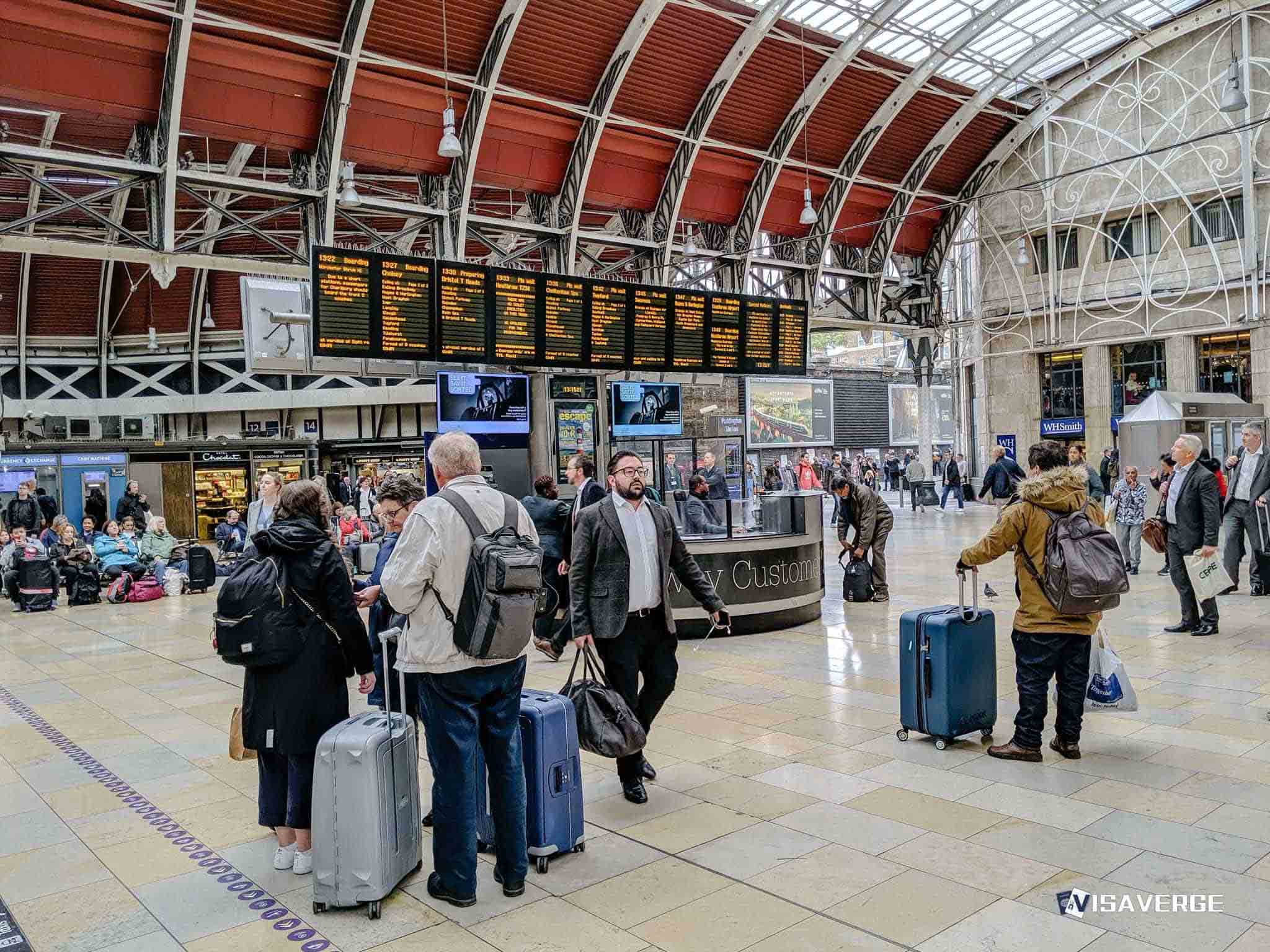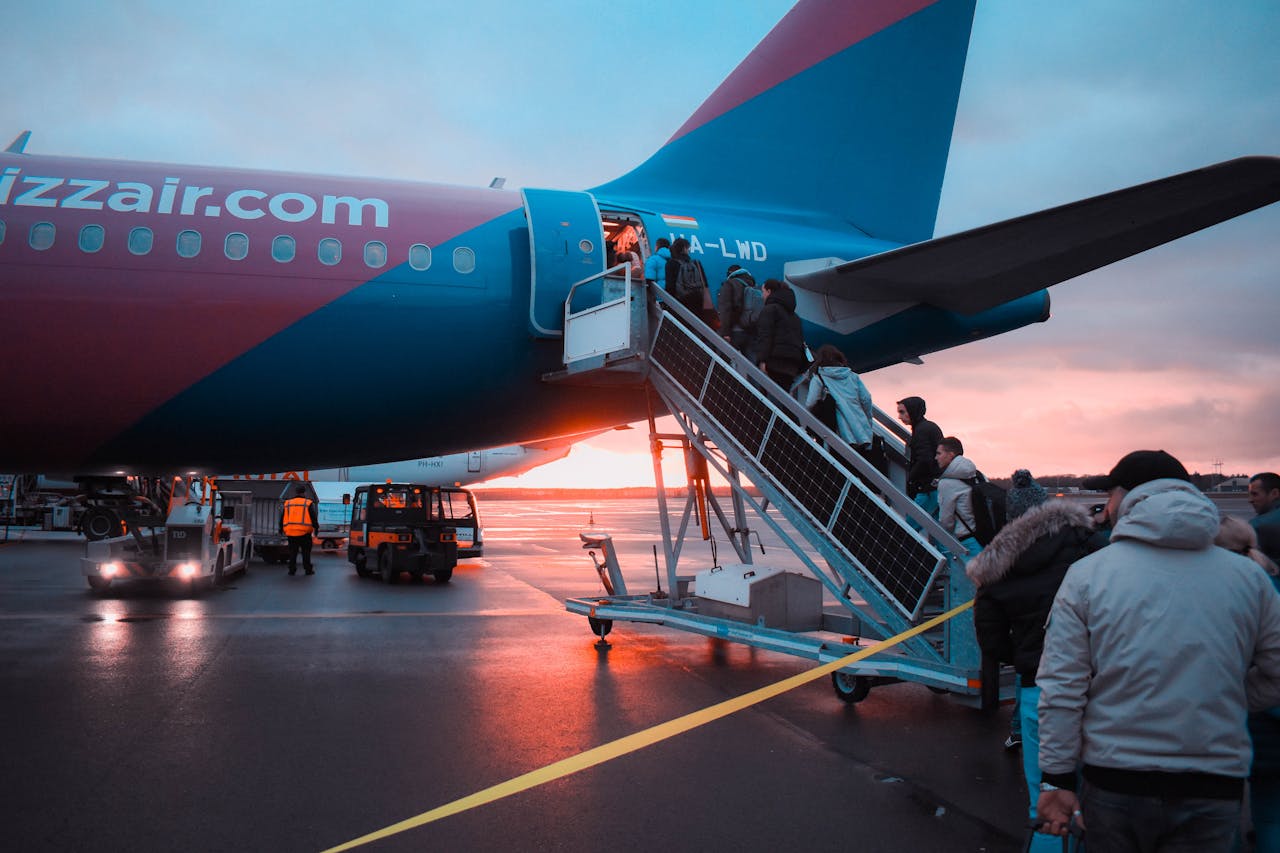Airlines are providing free meals to air traffic controllers at major airport hubs after the nation’s controllers missed their first full paychecks in a government shutdown that has stretched to 29 days, entering a fifth week without pay. United, Delta, and JetBlue confirmed they are supplying food in break rooms and common areas at key facilities — a symbolic show of support that also meets a real need as controllers work without income and try to keep the airspace safe.
The move comes alongside growing warnings from union leaders and federal officials that the strain on staffing and attention is rising. Transportation Secretary Sean Duffy, speaking at LaGuardia, said the Federal Aviation Administration budget had little room to cover payroll and that “the only real fix is to reopen the government,” while noting that staffing shortages account for up to 40% of flight delays this week.
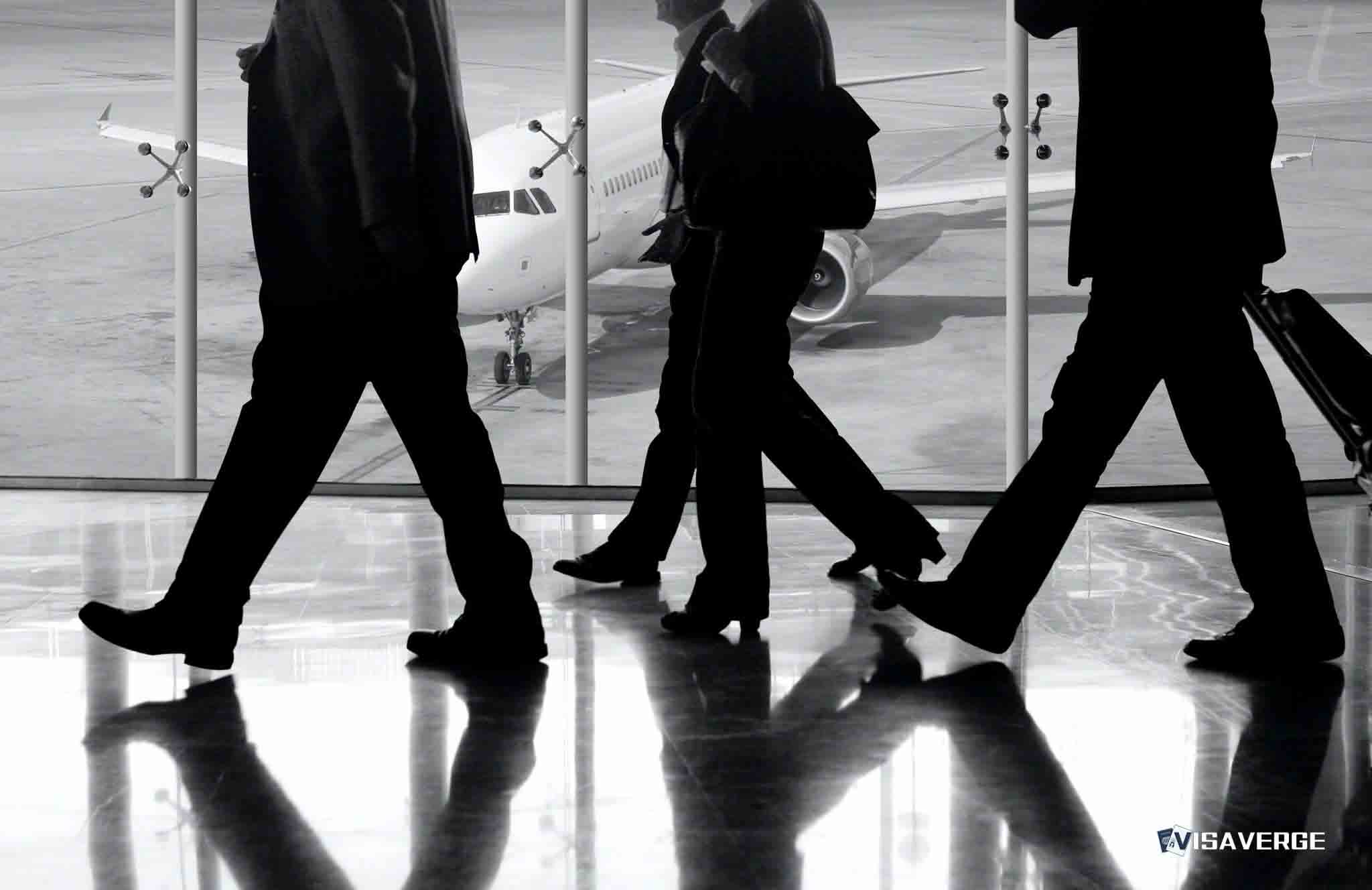
Daily realities for controllers
At airports from Chicago to Newark, controllers report choosing which bills to pay first, juggling medication costs against rent, and looking for side work to bridge the gap while keeping reporting for duty.
Flyers are being handed to travelers to explain the risks and urge them to contact lawmakers — a rare public-facing step in a profession that usually avoids the spotlight. Union leaders describe an emotional and practical squeeze that grows tighter every day the shutdown drags on. Their message is not just about money — it’s about the ability to focus when the job demands full attention every second.
The free meals, though appreciated, do not pay the rent and do not replace a paycheck, but they have quickly become a visible measure of solidarity in break rooms and control centers.
Where meals are being provided
United Airlines said it is offering meals at its hubs in:
- Chicago O’Hare
- Denver
- Houston/George Bush
- Los Angeles
- Newark Liberty
- San Francisco
- Washington Dulles
Delta and JetBlue confirmed they are providing meals at their airport locations as well, joining a patchwork of efforts by the private sector and community groups to support unpaid federal workers.
While few expect such gestures to continue indefinitely, union leaders say they reflect how deeply the shutdown has affected everyday operations in the nation’s aviation system. It is an unusual moment in which airlines are feeding the very professionals who direct their planes through complex airspace hour by hour.
Safety concerns and union warnings
The National Air Traffic Controllers Association (NATCA) has tried to keep attention on the safety implications, emphasizing that controllers cannot split their focus between complex traffic flows and worries at home.
“We are the rope in this tug-of-war game, and that is what we’re trying to raise awareness about,” said Nick Daniels, the union’s president. “As the pressure mounts, as the stress continues, our air traffic controllers are thinking about how to have a side job instead of about safety, instead of about the American flying public. We’re going to have to slow it down, as these people cannot focus on their jobs. That makes it less safe.”
His words sum up the central concern: when a paycheck stops, basic needs compete directly with attention on the radar scope.
Personal stories and coping strategies
For many controllers, the choices are stark. Mark Rausch, a NATCA Region 10 vice president, said:
“We have to figure out what we’re going to do with what little money we may have left in savings, or how we’re going to figure out, are we going to get more money coming in? Are we going to start driving Uber? Are we going to start doing maybe DoorDash?”
Common coping strategies include:
- Looking for gig work (rideshare, food delivery)
- Checking in on colleagues for emotional support
- Swapping tips about food banks and community aid
- Calling creditors to ask for payment patience
Union leaders say this daily rhythm — mixing time looking for side jobs with time at the radar screen — is not sustainable.
Local risk assessments and operational impacts
In Philadelphia, NATCA’s Charles Jacques put the safety situation bluntly:
“Every day that this shutdown drags on is going to add an element of safety risk into the national airspace system.”
Controllers emphasize that while they are trained to handle pressure, they rely on a clear head and enough sleep. Stress from unpaid work can cut into both. As weeks pass, the possibility of errors caused by fatigue, hunger, or distraction weighs on teams responsible for keeping planes separated and moving.
Even small disruptions — such as being late because of an unpaid car repair — can ripple through staffing schedules and thin coverage at peak times.
Visible effects for travelers
The spillover is visible to travelers in the form of delays and longer lines. Officials say staffing gaps are now a leading factor.
- At LaGuardia, Secretary Duffy said staffing shortages account for up to 40% of flight delays this week.
- The Transportation Security Administration (TSA) workforce is under similar strain. TSA union president Joe Shaker described morale among officers who also haven’t been paid: “On a scale of one to 10, it’s probably negative two.”
Passengers may see longer waits at gates and security, and volunteers handing out flyers ask travelers to call lawmakers to express concern.
Political stalemate and the looming payday
The shutdown has put more than a million military and federal employees at risk of missing another payday on Friday if funding remains stalled.
- On Capitol Hill, the Senate has failed 13 times to pass a bill to reopen the government, falling six votes short of the 60 needed.
- Those repeated failures reinforce a sense of stalemate among workers who can do little beyond show up, keep watch, and wait for Congress to act.
In break rooms where airline-provided meals sit on long tables, the talk bounces between schedules and the latest vote count. The mood: a cycle of hope, letdown, and fatigue.
What leaders say — and what they ask for
Union leaders stress that free meals are meaningful but cannot fix the deeper problem. The gesture matters because it reminds controllers they are not forgotten, especially as bills come due and bank balances drain.
“The only real fix is to reopen the government,” Secretary Duffy said — a point echoed by federal managers and labor groups.
Controllers request two things repeatedly:
- Support from employers and communities (which matters in the short term)
- Reopening the government so pay is restored and the work environment becomes predictable again
The free meals answer hunger; they do not answer anxiety about mortgage payments, student loans, or the risk of a sudden car breakdown.
System-wide scale and operational realities
The airlines’ decision to provide food at hubs nationwide reflects the national scale of the strain. In these settings, controllers are the backbone of the air travel system, guiding arrivals and departures and coordinating handoffs across long distances.
With the shutdown at 29 days, even routine tasks can feel heavier without the certainty of pay. Staffing was already tight in many facilities; each absence becomes harder to cover. Free meals offer a little breathing room in the middle of a long day but also serve as a quiet reminder of the unusual circumstances surrounding essential public service.
Public messaging and passenger involvement
Volunteers passing out flyers at terminals warn of growing risks and ask passengers to call lawmakers. Those messages point to both the immediate pinch on workers and longer-term effects if the shutdown continues.
Controllers continue to handle traffic, but their union warns the pace cannot hold if attention and staffing fray. The tone is weary and direct, grounded in experience rather than alarmism.
On-the-job adjustments and morale
In many facilities:
- Colleagues are pooling resources
- Supervisors try to manage schedules so the most experienced controllers handle the busiest flows
- Morale has dipped — not only due to skipped pay but due to ongoing uncertainty
Controllers emphasize that few jobs demand more sustained concentration. When they say they might have to slow operations, they mean to reduce simultaneous operations to maintain safety — a logical but consequential response that can produce delays passengers feel.
The human element behind policy decisions
On the floor and in towers, the political debate reduces to basics: who is on shift, what traffic is inbound, how the weather is trending, and whether the team can hold the line.
Layered on top are immediate personal questions:
- Can I refill a prescription this week?
- Can I negotiate a rent extension?
- Should I take on a second job?
For many, a second job was unthinkable a month ago. Today it is ordinary conversation before a shift.
Broader perspective on support gestures
Analysis by VisaVerge.com notes that gestures like free meals often emerge in long funding fights as employers and communities try to help essential workers through a stalemate. Visible, practical support can carry morale for a time, but it does not replace a steady paycheck.
That balance between visible support and lasting relief is central to the debate from airport floors to Capitol Hill.
Where to find official updates
For official updates on the aviation system, the public can refer to the Federal Aviation Administration: https://www.faa.gov. The agency’s professionals, including those in the Air Traffic Organization, continue their work in every region, but the shutdown’s limits on payroll and budgeting are widely understood across the community.
Secretary Duffy’s remarks at LaGuardia — acknowledging both the budget’s lack of flexibility and the delay share tied to staffing shortages — underline how central the FAA is to daily operations and how dependent the system is on predictable funding.
The near-term marker and its consequences
On Friday more than a million military and federal employees could miss pay again if the shutdown persists. That date has become a mental marker for many controllers: the difference between a single missed paycheck and an ongoing pattern.
As missed deposits mount, families make decisions affecting everything from after-school care to medication. These decisions show up at work as tired eyes and shorter tempers — subtle signs that compound over time.
Closing observations from unions and workers
Union leaders do not want to frighten the public but want to be clear about the link between funding and safety. Flyers asking travelers to call lawmakers are less about politics than the direct connection between funding and operational safety.
Inside facilities, controllers say:
- They will keep doing the job because that is what is required.
- The job requires full attention, and attention is finite.
- Each day without pay takes another bite from that attention.
If delays rise because controllers slow operations to remain safe, union leaders argue that is the responsible choice.
Symbolism of donated meals — and the basic ask
Donated trays in break rooms have become a symbol of both strain and community support. Free meals are not a cure, but they remove one daily decision for workers who must hold complicated traffic maps in their minds. In a system that depends on precision, every bit of mental space helps.
Supporters who deliver food hope it is a short-lived ritual. They would rather see a return to normal pay schedules than continue to unpack plastic forks and paper napkins near radar printouts.
The shutdown at 29 days shows how quickly a funding fight can become a safety conversation when the stakes involve the national airspace. Controllers’ equation is simple:
- Focus = Safety
- Steady pay = Focus
As they enter a fifth week without a full paycheck, they point to the limits of goodwill. Airlines can feed them, unions can speak for them, and passengers can press lawmakers — but only the government can restore the basic conditions necessary for controllers to do the work the public expects.
Until then, the free meals keep coming, the delays rise and fall with staffing, and the people who guide planes through American skies repeat the same message: reopen the government and let us do our jobs with our full attention on safety.
What travelers may notice
Travelers are likely to encounter:
- Slightly longer waits at gates as controllers manage traffic at a safer — sometimes slower — pace
- Flyers explaining why typically private-faced professionals are now asking for public help
- A quieter, more focused crew behind the scenes who are stretched by personal and financial strain
For air traffic controllers, the final measures are simple: a paycheck on time, enough staff on the boards, and the mental room to do a difficult job well. Each day the shutdown continues, those basics become harder to hold — and the free meals, gratefully accepted, remain a daily reminder of an abnormal moment in the nation’s aviation life.
This Article in a Nutshell
With the government shutdown at 29 days, United, Delta and JetBlue are providing free meals to air traffic controllers at major hubs as unpaid controllers juggle bills, medications and side work. Union leaders and Transportation Secretary Sean Duffy warn staffing gaps are straining safety, contributing to up to 40% of recent flight delays. Volunteers hand out flyers urging passengers to contact lawmakers. While meals ease hunger and show solidarity, officials say reopening the government is the only fix to restore pay and operational stability.


